Deja vu time — again
A uniform local government system, manned by elected representatives, should apply to both rural and urban areas
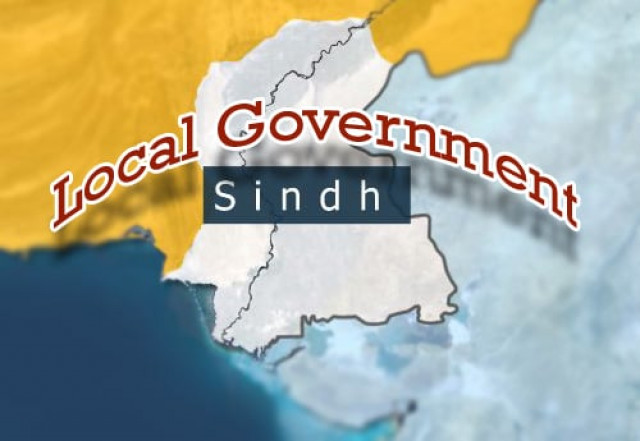
The underlying reason for the change was the discovery of what are described as “massive” financial irregularities across all departments. The chief minister had warned bureaucrats to clean up their act on a number of occasions, they failed to do so and the hammer dropped. Even deeper beneath the surface lies the failure to hold local government elections and devolve power to elected representatives at the grass roots. This is as much the need of the hour in the cities as the countryside, but the mainstream political parties have eschewed such a move .
The opposition parties in Sindh have taken a dim view of these latest developments, saying it was an attempt to divide Sindh into two administrative units — which is difficult to deny — and also questioned whether the chief minister had the authority to make the changes without supporting legislation. That the ‘new’ system is divisive is undeniable. A similar system introduced by the PPP in the past was a dismal failure, leading to its withdrawal. Ideally, a uniform local government system, manned by elected representatives, should apply to both rural and urban areas, but political jiggery-pokery will ensure the persistence of the divide-and-rule model.
Published in The Express Tribune, October 4th, 2014.
Like Opinion & Editorial on Facebook, follow @ETOpEd on Twitter to receive all updates on all our daily pieces.


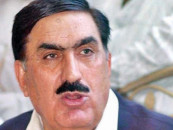
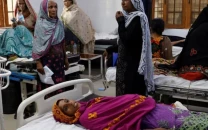
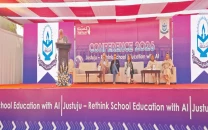
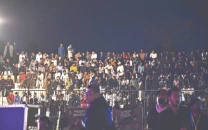
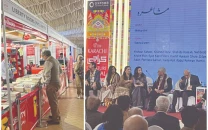











COMMENTS
Comments are moderated and generally will be posted if they are on-topic and not abusive.
For more information, please see our Comments FAQ